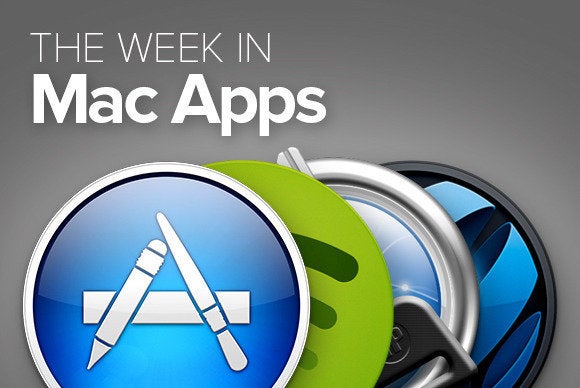Reports that PayPal was trying to cozy up with Apple for its mobile payment system are almost as old as the rumors about Apple Pay itself. We last reported on the rumors way back in January, and now a new report from Bank Innovation (via MacRumors) claims all that work came to naught. In fact, the veteran Internet payment company apparently signed a deal with Samsung to power its own fingerprint payment system for its Galaxy S5 units.
Apple apparently made the decision to end the talks. Understandably, PayPal’s move incensed the Cupertino company, and it’s said that the partnership with Samsung led to Apple’s surprise decision to exclude PayPal from the dev kit for Apple Pay entirely.
The deal with Samsung “was reportedly forced onto PayPal by eBay CEO John Donahoe,” the report says. “PayPal’s now-former president David Marcus was purportedly categorically against the Samsung deal, knowing that it would jeopardize PayPal’s relationship with Apple. Donahoe won the day, however.”

The rift between the two companies seemingly runs deep now, and its effects were more visibly seen in a recent PayPal ad in the New York Times (also noted by MacRumors) that pointed to the iCloud celebrity snafu as proof of the comparative safety of its payment service, which greatly resembles Apple Pay in concept. “We the people,” the ad read, “want our money safer than our selfies.” Ouch.
But business may soon get rough for PayPal. Word also dropped today from CNN that eBay plans to split PayPal off as its own company again despite recent successes, which only adds to the clash between Marcus and Donahoe. And if Apple Pay turns out to be as “cool” as Apple CEO Tim Cook hopes, PayPal could end up fighting for its very survival. For its part, eBay (which still owns PayPal for now) now claims to welcome the competition from Apple Pay, as reported by MarketWatch.
“I’m hoping that the recent tokenization and Apple Pay announcements begin to accelerate the pace of NFC (near-field communication) adoption. I don’t know if that will be the case, but if it does, we think that’s a very good thing for PayPal,” John Donahoe said in the report.
Follow this article’s writer, Leif Johnson, on Twitter.




